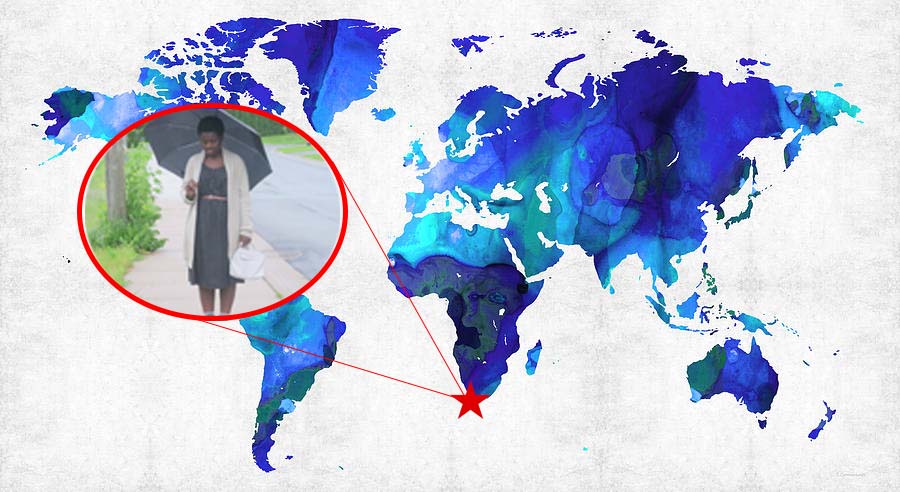When Julienne Laurent first moved to Canada in 2014, she said she was greeted with cold weather and uptight people. Now that she has been living in Fredericton for four years, she notices it’s quite similar to where she grew up: Cape Town, South Africa.
“It’s modern,” she says. “People don’t think [Cape Town is] modern, but it is,” said Laurent, a first-year student at the University of New Brunswick.
“It’s like Fredericton. The only difference is you have rural and urban places.”
But a lot has changed in her hometown since Laurent left.
Cases of xenophobia have risen following the resignation on Feb. 14 of South Africa’s former president, Jacob Zuma, who’s facing 16 charges of corruption. And Laurent’s hometown is dealing with its third consecutive year of drought.
Laurent said the political situation seemed to be okay when she lived in Cape Town, but xenophobia was the biggest problem.
“The point of xenophobia was to kill Africans from another country or take them out of the country,” Laurent said.
She said this xenophobia has even affected the two main political parties in South Africa: African National Congress and Democratic Alliance.
The ANC is best known for being Nelson Mandela’s party, but the leader of the youth league, Julius Malema, was not so well-liked. The supporters continued to vote for this party based on its history and because they had faith in Mandela’s ideals.
The DA, on the other hand, was headed by a white woman named Helen Zille, who was replaced by Mmusi Maimane in 2015. A lot of the people who supported her had white skin and were in favour of returning to the apartheid stage, a period of segregation.
“The apartheid stage is when, during the colonization age, the white people controlled everything. It wasn’t just South Africans, it was originally African land, but the colonizers took over it. It’s the same racism as America. It’s the same racism, just different countries.”
But racism isn’t something that goes away, even if the apartheid stage does not return.
“Racism still exists no matter what. It’ll always be there.”
Laurent remains hopeful that things will improve, however.
“[When I was living in Cape Town], I didn’t really care about politics. As long as I was living, that’s what I cared about, but a lot of people see it as just going down the hill, but I hope it doesn’t.”

